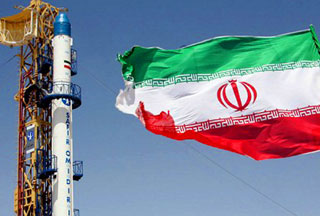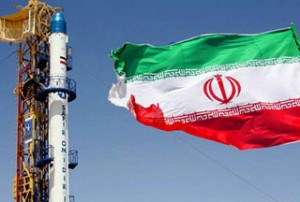Iran planning to send astronaut into space

After a series of breakthroughs in space research and technology, Iran sets the wheels turning on plans to send its first astronaut into orbit.
Iran’s Minister of Communications and Information Technology, Reza Taqipour, said Wednesday that scientists are exploring ways to implement preliminary plans to launch a manned mission into space.
“We have a clear outline of the plans, but at the same time we are aware that implementing our plans depend on a broad national participation,” Taqipour told Mehrnews on Saturday.
Earlier in February, Iran went down in history for placing its domestically-made satellite into orbit and thus joining a small group of countries that have the ability of both producing satellites and sending them into space using domestic launchers.
The Omid data-processing satellite was designed to circle the Earth 15 times every 24 hours and to transmit data via two frequency bands and eight antennas to an Iranian space station.
With a full mission accomplished, Omid went up in flames in late March after successfully ending its 50-day orbit around space.
Iran’s space breakthrough came as a big surprise for European powers and the US, mainly because the country has been under Western sanctions for nearly 30 years.
MIT scientist Geoffrey Forden said Iran’s breakthrough in space research and technology is to such an extent that the country “could get a person up into low-Earth orbit certainly within the next few years, at the rate they’re going.”
Forden, a former inspector with the United Nations Monitoring, Verification and Inspection Commission (UNMOVIC), said Iran has designed the Omid data-processing satellite using state-of-the-art technology such as more efficient hydrazine fuel.
“If Iran really has developed more advanced rockets that can burn more efficient fuel, then it is a step closer to launching people into space,” Forden said in an article in New Scientist.








